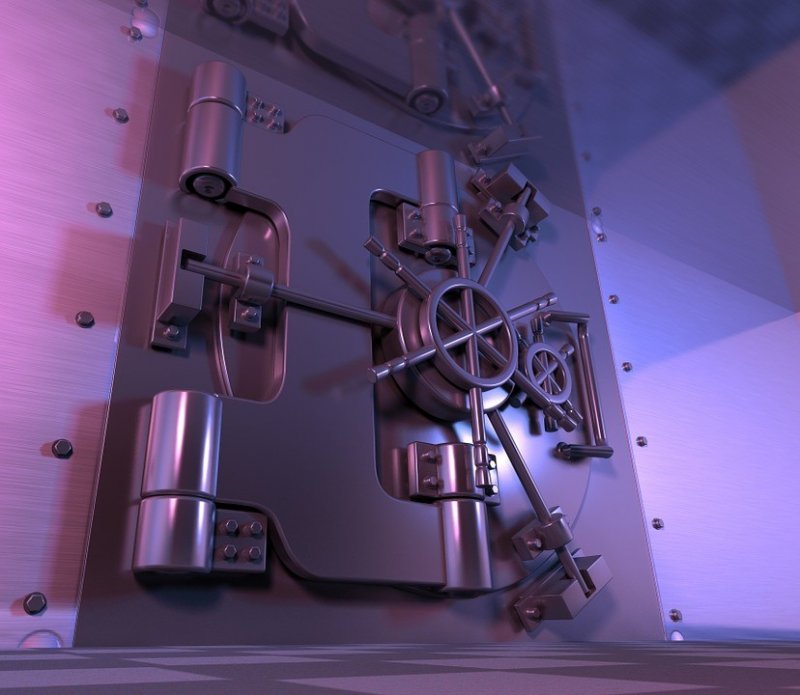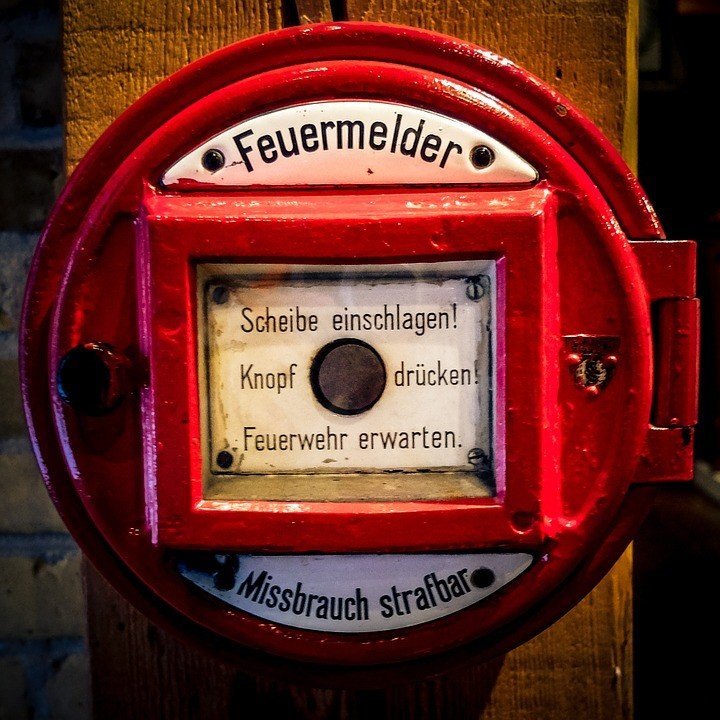Keep It Safe and Secure: 5 Physical Security Tips for Small Business Establishments

If you think that physical security procedures are only for large business establishments, think again! Small businesses also need to create a security plan to protect and secure its physical assets from outside intruders and their employees. It’s also a must to keep the workers inside the business establishment safe.
If you want to make your small business establishment safe and secure, you should begin by doing an assessment of the area and what security procedures you should put in place. For a little help, here are some tips to keep your small business establishment safe and secure.
Set Up a Security Cameras
Since the advent of closed-circuit television cameras, keeping video records of the movements around your business establishment will now be more convenient and high-tech.
CCTV cameras are an effective deterrent to theft and other criminal activities. For instance, If thieves will notice that there are cameras installed in the area, they’ll surely hesitate of doing their evil intentions.
Also, if there’s theft that has just occurred in the business establishment, it won’t be difficult for you to catch the perpetrator since you have video footage of the incident. Nowadays, security firms offer a third-party security monitoring for business establishments. These firms provide their client with high-tech CCTV cameras to keep your business secure.
Install Security and Emergency Alarms

Installing a security and emergency alarm system is not that expensive if you’re serious about protecting and securing your physical business assets. There are security companies that will provide you with the hardware for a price that won’t hurt your budget.
An alarm system is crucial so that you’ll know if there are security and emergency incidents that will happen in and around your business establishment. A reliable, round-the-clock alarm system will also help law enforcement officials to respond immediately in case of unfortunate events.
Control Physical Access
In any business building, controlling physical access to essential areas in the establishment is a must. You should set a procedure that will keep track of the people coming in and out of these important areas. Make sure that only trusted people in the company are allowed to hold keys.
It’s also necessary that you keep valuable and confidential documents secured in an area that can only be accessed by people who will use them. You must provide cutting-edge security locks and keys to protect and secure essential items of your business. You can inquire in locksmith companies like LocksmithMAN for that purpose.
Establish a Communication System

For you to adequately respond to security and emergency situations, you should see to it that a communication system is put in place. You should also create a security procedure that will enable the staff and workers in the business establishment handle such situations.
For your communication devices, you should include an alarm, telephone system, and intercom that will allow the people in the building to communicate with others. A first-aid kit is also a must to have to treat injuries that typically comes in these security and emergency instances.
Keep Track of Physical Business Assets
It’s crucial that you keep count of the physical assets and maintain inventory audits regularly. You can do it once a month or once a week. If there’s loss of items due to theft, you should address right after what makes the physical security in the establishment so vulnerable.
Keeping track of your physical business assets can help you find ways on how to keep them safe and secure.
Takeaway
If you’re running a small business establishment, you should make sure that you protect and secure your physical assets. See to it that you install security cameras, alarms, and reliable communication system. It’s also a must to control access to essential areas in the building and keep track of physical business assets.
Related Articles:
Previous Posts:
Next Posts: